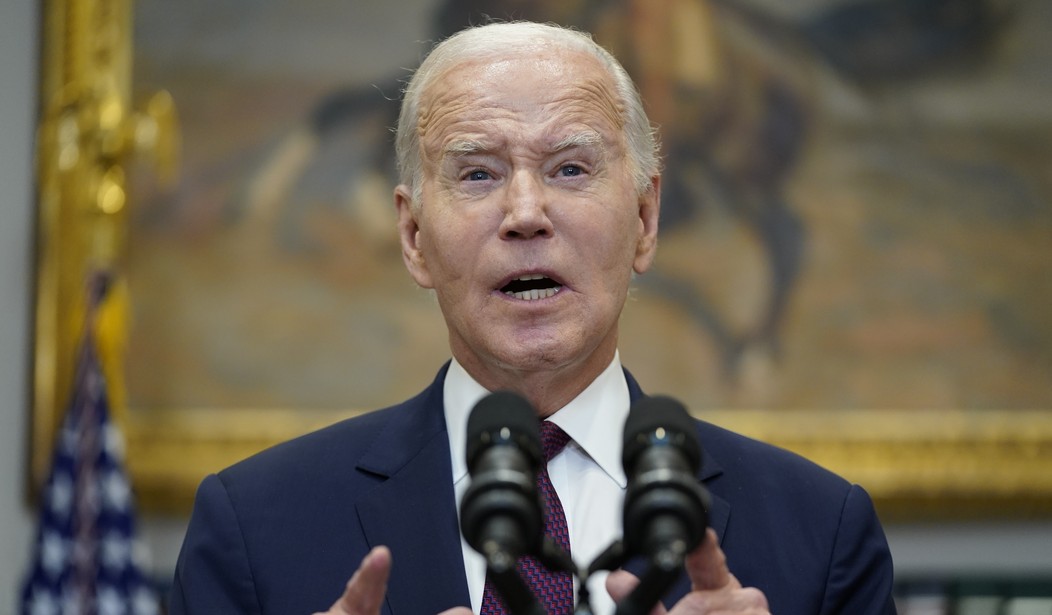Last week, a federal judge in Louisiana issued a preliminary injunction that bars a long list of federal officials and agencies from encouraging social media platforms to suppress politically disfavored speech. The response to that decision starkly illustrates an alarming erosion of bipartisan support for the evenhanded application of free speech principles.
"Although the censorship alleged in this case almost exclusively targeted conservative speech, the issues raised herein go beyond party lines," U.S. District Judge Terry Doughty noted in his 155-page ruling. "The right to free speech is not a member of any political party and does not hold any political ideology."
That observation had no discernible impact on critics of the decision. Some argued that the contacts at issue in this case, which primarily involved the Biden administration's efforts to stamp out COVID-19 "misinformation," did not amount to government-directed censorship.
"There may be circumstances where the government runs afoul of the First Amendment by effectively forcing private companies to remove protected speech," law professors Leah Littman and Laurence Tribe conceded. But they complained that Doughty's opinion does not "seriously engage with the issue of when that might occur" and instead "seems to maintain that the government cannot even politely ask companies not to publish verifiable misinformation."
That characterization of what the Biden administration did is contradicted by the copious evidence that Doughty reviewed. Those emails and text messages show that federal officials persistently demanded that platforms such as Facebook, Twitter and YouTube remove content that the government viewed as a threat to public health.
"Are you guys f---ing serious?" Deputy Assistant to the President Rob Flaherty said in an illustrative email to Facebook, expressing frustration with the platform's perceived failure to do what the administration "politely" asked. "I want an answer on what happened here and I want it today."
Recommended
Those private demands were coupled with public rebukes by President Joe Biden, who accused Facebook et al. of "killing people" by allowing the spread of anti-vaccination messages; Surgeon General Vivek Murthy, who lodged essentially the same charge; and White House representatives, who said the platforms must be "held accountable" for failing to meet their "responsibility." Murthy said accountability might require "legal and regulatory measures," while other officials threatened to punish recalcitrant companies by imposing new privacy regulations, pursuing "a robust anti-trust program" or reducing their protection from civil liability for user-posted content.
Nor were the administration's "requests" limited to "verifiable misinformation." Officials repeatedly pressed platforms not only to enforce their existing moderation rules more aggressively but also to expand the speech they covered to include "borderline content" that might be accurate but was nevertheless deemed "misleading" or unhelpful.
In any case, as Littman and Tribe surely know, even "verifiable misinformation" is protected by the First Amendment, which means the government has no business trying to suppress it. If a Republican administration deployed similar tactics against progressive speech that it portrayed as a threat to public safety or national security, one suspects, they would not be so quick to dismiss constitutional concerns.
At least Littman and Tribe admitted that the First Amendment is potentially relevant when the government targets online speech. The Washington Post, by contrast, worried that Doughty's decision "could upend years of efforts to enhance coordination between the government and social media companies," while The New York Times bizarrely likened the crusade against constitutionally protected speech about COVID-19 to "action against illegal or harmful material" such as child pornography or speech that facilitates "human trafficking and other criminal activity."
The Times had previously warned that "the First Amendment has become, for better or worse, a barrier to virtually any government efforts to stifle a problem that, in the case of a pandemic, threatens public health and, in the case of the integrity of elections, even democracy itself." That problem, according to the Times and other erstwhile defenders of the First Amendment, is too much speech by the wrong sort of people.
























Join the conversation as a VIP Member